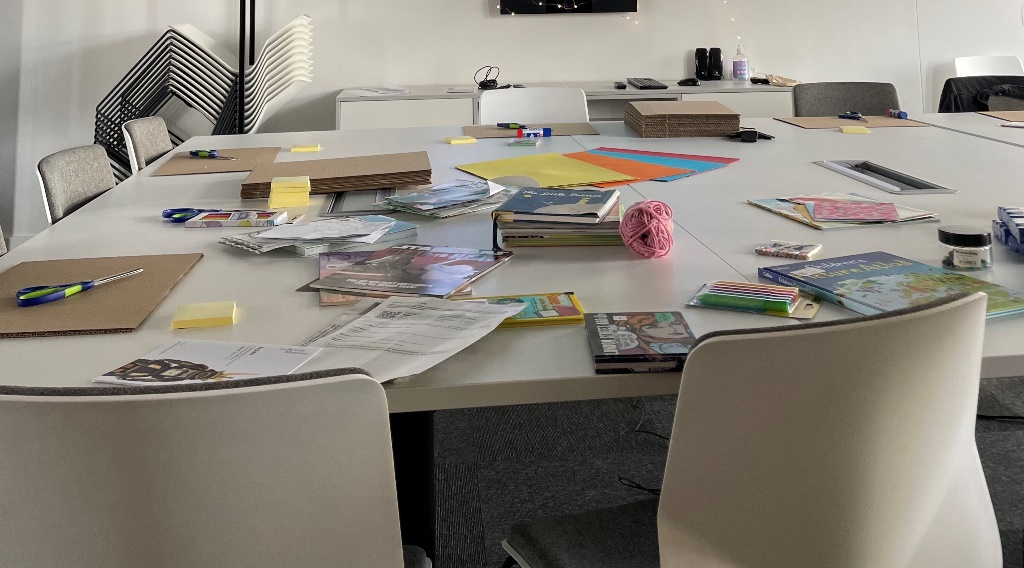Developments to keep an eye on – Finland and the proposal to amend the regulation on biometric data
The Finnish Ministry of the Interior is working on changing the regulations concerning biometric data. Currently, in Finland biometric data is collected when a person applies for a passport or an identity card – the two officially recognized forms of identification. Biometric passports have been in use from 2009; and since 2021 getting an identity card also requires biometric data. Thus, it’s no longer possible to acquire an official form of ID without submitting one’s biometric data to the state registries.
Biometric data of Finnish citizens – facial images and fingerprints – for passports and identity cards is stored in the respective registers of the Finnish police, whilst the biometric data of foreign nationals is stored in the registers of the police and the Finnish Immigration Service.
The proposed amendment to the regulation on biometric data stored in these registries would extend the right of the police to use this data. These possibilities were already discussed in public when the initial regulation on biometric data was formulated. At the time it was strongly emphasized that biometric data will not be used for any other purpose as it is sensitive personal data. However, the police have been pushing for the now proposed amendments since 2009.
The argument used by the current administration proposing the changes is that opening the registries would help to combat serious crimes. Additionally, the claim is that biometric data would only be used for this particular purpose. As the press release by the Ministry of Interior states: “The proposed amendments would extend the right of the police to use biometric data already in their possession. It would not extend the right of the police to collect data. For example, the police could compare biometric data in its registers to data collected as part of investigations into serious crime, such as homicides and serious violent and sexual offences.”
The main problem is, as journalist Susanna Reinboth who specializes in legal matters, points out: “the founding principle is that personal data can be used only for the purpose it has been collected for”. Making an exception to this founding principle in this instance would seriously erode it, and further changes will be easier to make. Moreover, biometric data is not just any kind of personal data, but extremely sensitive personal data. Thus, it should be stored and used with even more care.
Further concerns were raised by academics Aura Kostiainen and Liisa A. Mäkinen: that the biometric data could more easily be given over to other EU countries, such as authoritarian Hungary, and that there is no outside oversight of the police in this matter included in the proposal. The only oversight would come from the National Bureau of Investigation, so in practice the police is overseeing itself, instead of the justice system or democratic oversight. In recent years, there have been cases illuminating how the internal oversight has crucially failed in very serious instances.
The proposed amendments are a matter of basic civic rights and freedoms, and that’s why any concerned individual should be paying attention to these developments. Yet, the proposal has gotten very little attention in public discussion.
A few articles were published in the main daily Helsingin Sanomat in February 2025 when the Ministry of Interior announced the proposal, including an open call for comments (closed mid March). 26 comments were submitted by various officials and civil society actors. These are publicly available on the Ministry of Interior website (in Finnish, see the legislation process link below). The comments include criticism to the unclear framing and wording of the changes which would constitute future problems for the execution of the regulation and criticism to the lack of impact assessment especially regarding the impact on children. (Side note: Lack of impact assessment has been a major criticism of a considerable amount of new legislation in recent years.)
The parliamentary procedures regarding the proposed amendments are likely to begin in week 37 (second week of September). So now is a good time to contact members of the parliament, if one wishes to voice concerns about the proposal.
Sources and further reading:
Intermin press release: https://intermin.fi/-/ehdotus-biometristen-tietojen-kayttoa-rikostorjunnassa-koskevan-saantelyn-muuttamisesta-lausuntokierrokselle?languageId=en_US
In Finnish:
Susanna Reinboth column: https://www.hs.fi/mielipide/art-2000011017812.html
Aura Kostiainen and Liisa A. Mäkinen comment: https://www.hs.fi/paakirjoitukset/art-2000011234592.html
Legislation process https://intermin.fi/hankkeet/hankesivu?tunnus=SM048:00/2023
Articles: https://www.hs.fi/politiikka/art-2000011010281.html
https://www.hs.fi/suomi/art-2000011009647.html
https://www.uusijuttu.fi/juttu/sB26nfj2-mpinP64c-b210f
The UNDO team.

